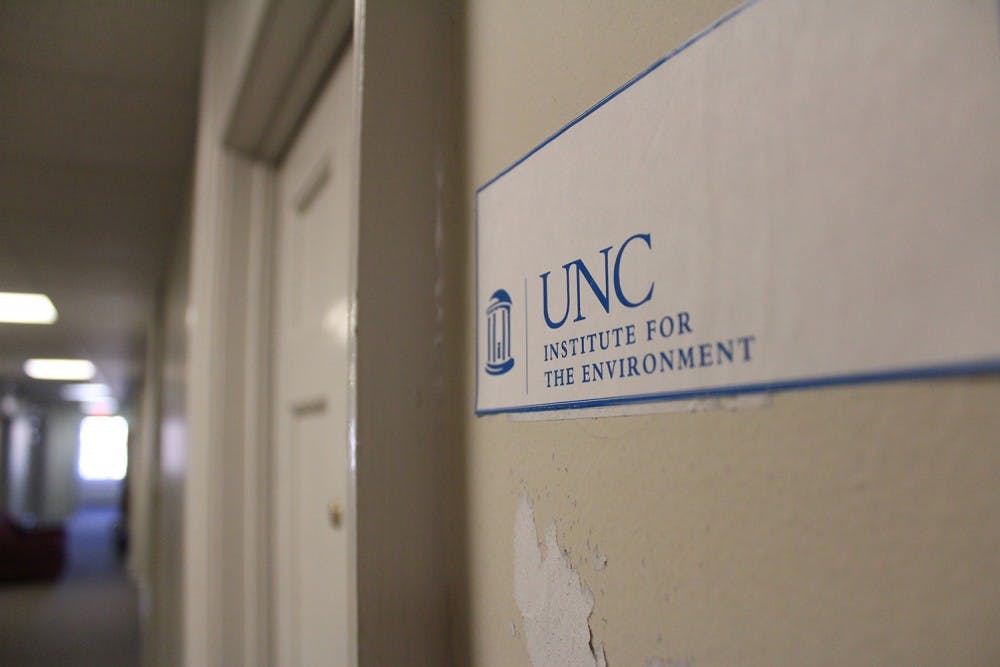CORRECTION: An earlier version of the article miquotes Pavel Molchanov. Molchanov said that electric vehicles are one of the fascinating, dynamic fields that are relevant to our time. The article has been updated. The Daily Tar Heel apologizes for this error.
A $1 million gift to the UNC Institute for the Environment will be used to endow the Pavel Molchanov Scholars Program, which matches students with professional summer internships in environmental science careers.
“When I was a college student, internships for me were some of the most impactful and memorable parts of my college days,” said Pavel Molchanov, senior vice president and equity research analyst at Raymond James and Associates.
When deciding where to gift the money, Molchanov said he considered his alma mater, Duke University, but chose UNC because it would have a bigger impact on students in the University’s younger and developing environmental program.
“I have the greatest respect for the UNC system,” he said. “Having worked in energy and environmental finance for 15 years, the idea of supporting environmental studies is near and dear to my heart.”
This grant will help develop and expand environmental studies at the University.
“With this growing population of students that are identified as environmental majors as well as students throughout the University who are really interested in environmental topics … there is an increasing need for those students to have access to internships,” said Michael Piehler, a professor and the director of the UNC Institute for the Environment.
Molchanov said he believes this grant would be the most helpful for students trying to find summer internships in an environmental science career.
“Everything surrounding environmental science ― whether it’s renewable energy, water or forestry or electric vehicles ― all of these are fascinating fields, very dynamic, very relevant to our time,” he said. “I think these will be increasingly important issues for our society and our economy to deal with, so having practical experience for students studying the environment is important.”




